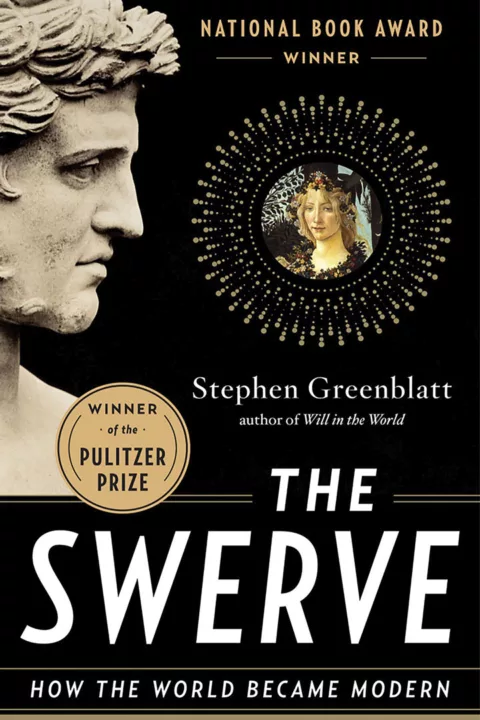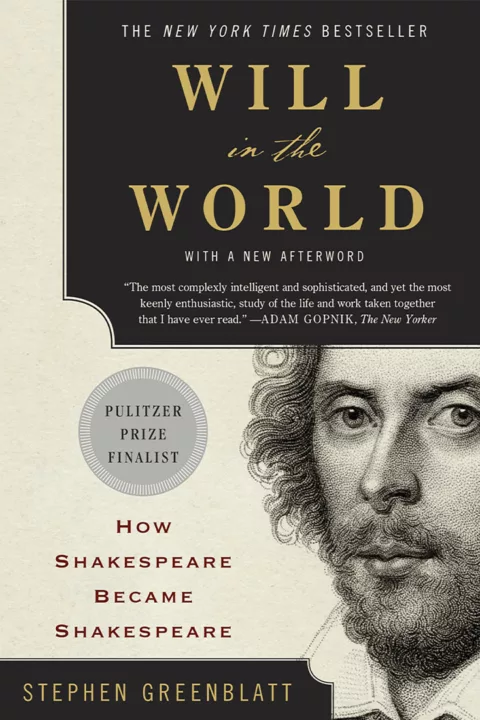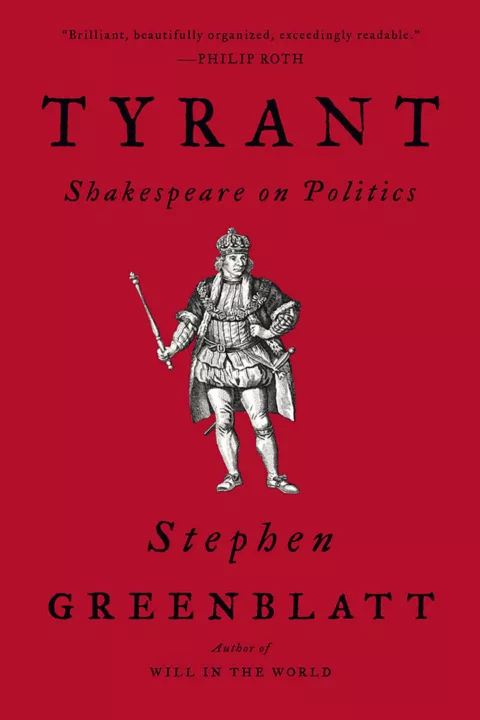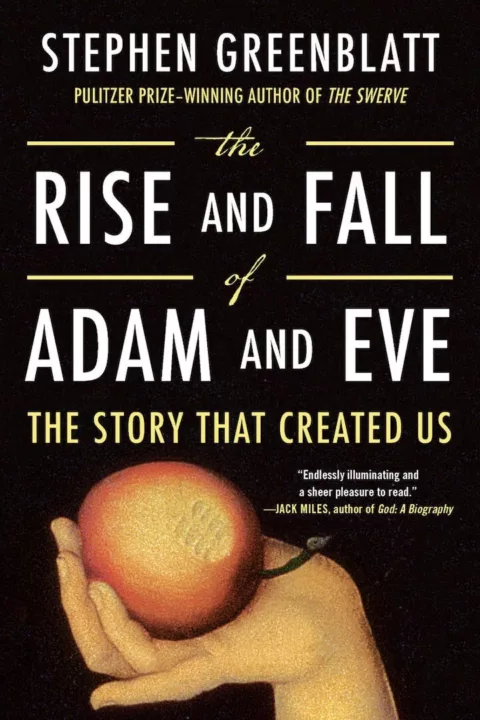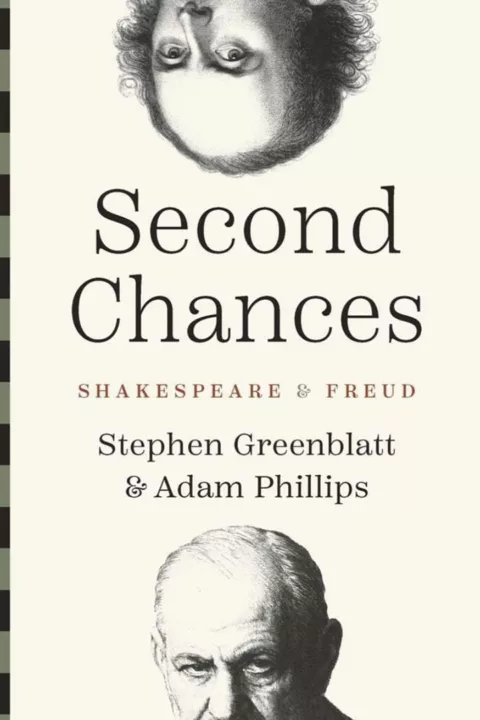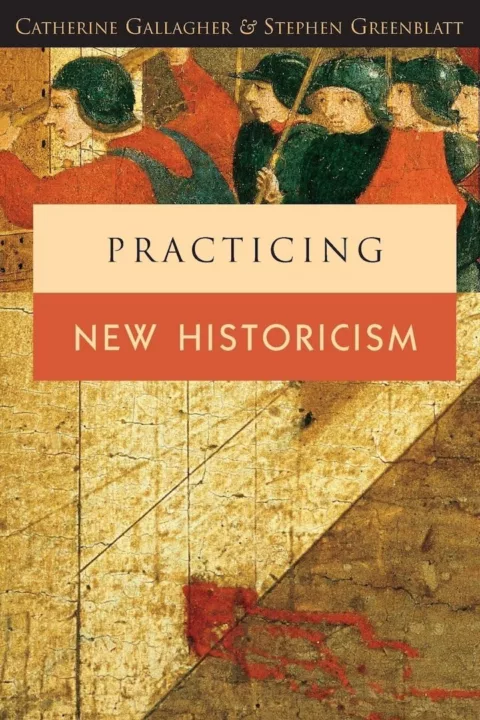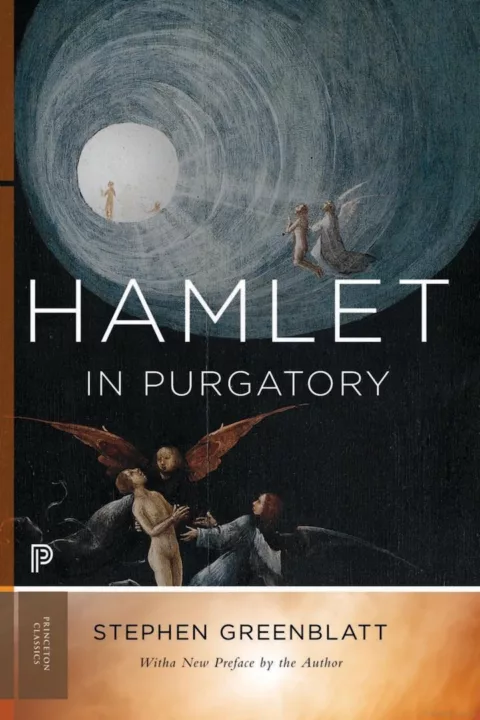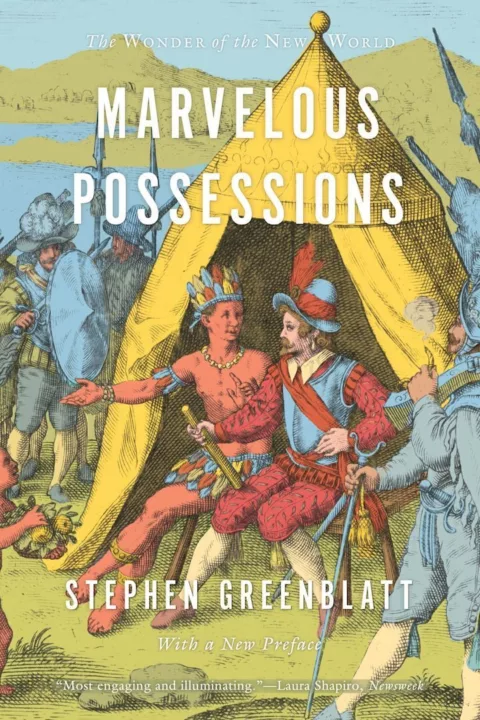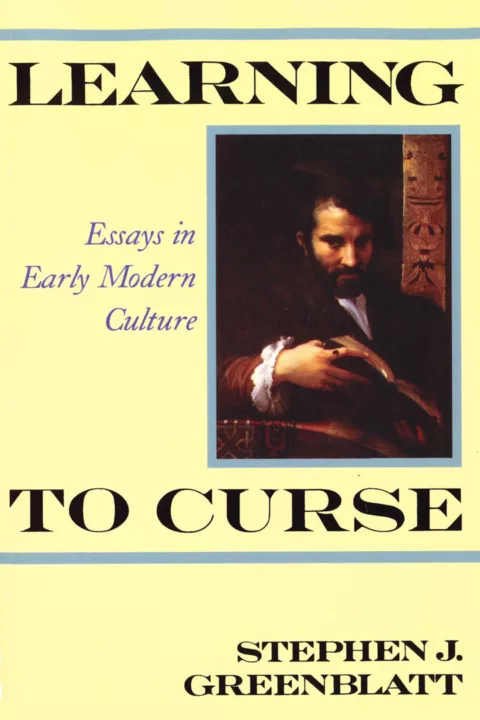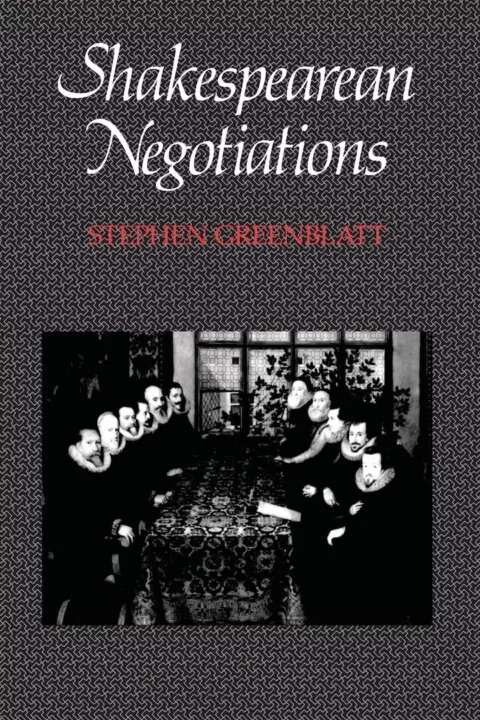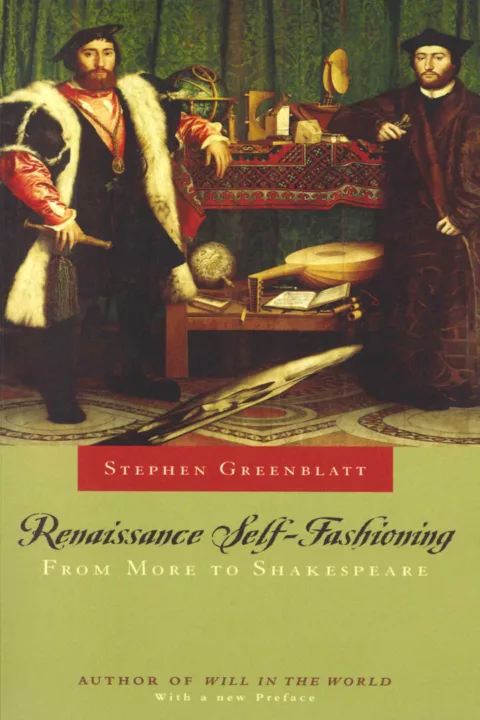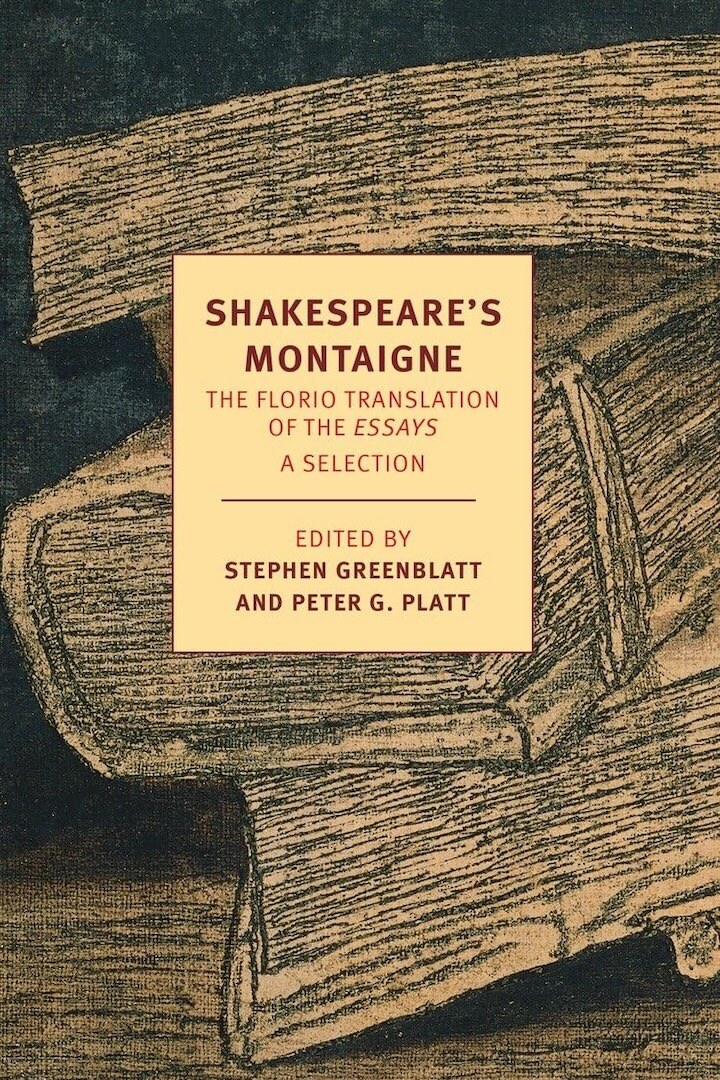
By Michel de Montaigne, edited and with an introduction by Stephen Greenblatt, edited, modernized, and annotated by Peter Platt, translated from the French by John Florio
Shakespeare, Nietzsche wrote, was Montaigne’s best reader — a typically brilliant Nietzschean insight, capturing the intimate relationship between Montaigne’s ever-changing record of the self and Shakespeare’s kaleidoscopic register of human character. And there is no doubt that Shakespeare read Montaigne — though how extensively remains a matter of debate — and that the translation he read him in was that of John Florio, a fascinating polymath, man-about-town, and dazzlingly inventive writer himself.
Florio’s Montaigne is in fact one of the masterpieces of English prose, with a stylistic range and felicity and passages of deep lingering music that make it comparable to Sir Robert Burton’s Anatomy of Melancholy and the works of Sir Thomas Browne. This new edition of this seminal work, edited by Stephen Greenblatt and Peter G. Platt, features an adroitly modernized text, an essay in which Greenblatt discusses both the resemblances and real tensions between Montaigne’s and Shakespeare’s visions of the world, and Platt’s introduction to the life and times of the extraordinary Florio. Altogether, this book provides a remarkable new experience of not just two but three great writers who ushered in the modern world.
“Stephen Greenblatt and Peter Platt have annotated selections in Shakespeare’s Montaigne and the result is a crash course in Elizabethan lit, a multiculti study of the development of English, and, above all, a revisionist biography of a monumental dramatist who not only cribbed the classical education he lacked but also responded to his sources with a fierce and censorious intelligence.”
“Like Montaigne, Florio wrote by exuding ever more complex thoughts as a spider exudes silk. But while Montaigne always moves forward, Florio winds back on himself and scrunches his sentences into ever tighter baroque spirals until their meaning disappears in a puff of syntax. The real magic happens when the two writers meet. Montaigne’s earthiness holds Florio’s convolutions in check, while Florio gives Montaigne an Elizabethan English quality, as well as a lot of sheer fun.”
Order Shakespeare's Montaigne

